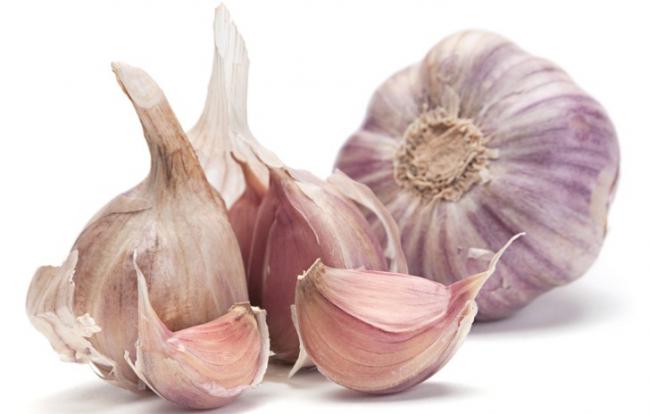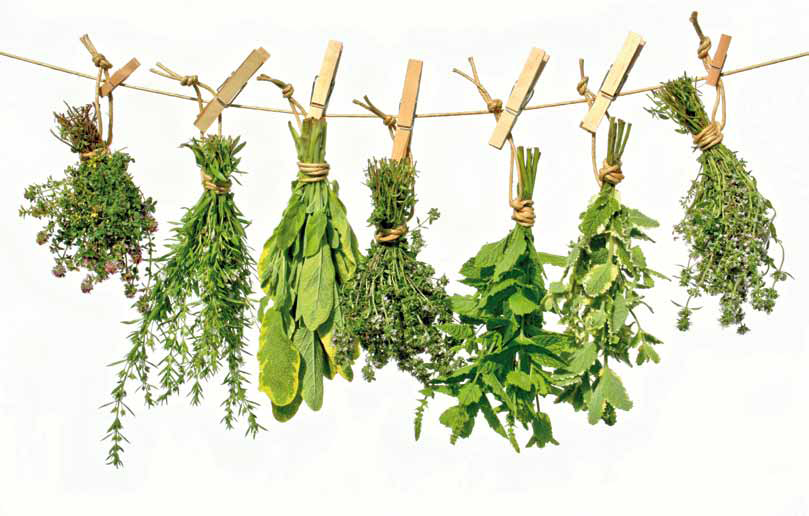The sale of medicines is big business.
Pharmaceutical companies invest millions of euros each year in publicity, financing magazines, conferences and gifts for doctors who prescribe their drugs. The result is that today we take more drugs than are necessary, health has taken a back seat and what really matters above everything else now, is money.
Furthermore, side effects from taking prescribed medicines is now the third leading cause of death behind cardiovascular disease and cancer. In this series, we are going to list some of the medicinal plants that can be used to treat some of the most common health problems
MINT

Painkillers are the best-selling drugs. Aspirin and related products can cause a long list of side effects including the risk of gastrointestinal bleeding.
Mint (Mentha piperita) is used to soothe migraines. The recommended dilution rate is one part essential oil solution to nine parts alcohol.
A few drops should be rubbed in a circular motion into the temples or any other affected area of the body. For digestive problems, three drops of pure essential oil should be dissolved in a cup and taken three times a day.
LIQUORICE

Antacids, whose sales continue to grow year after year, have some side effects.
The least serious include diarrhoea, constipation and nausea while the most serious include bone degradation that may lead to a fractured hip.
Liquorice (Glycyrrhiza glabra) has anti-inflammatory properties and aids digestion. Prescribed to treat gastritis and stomach problems, four cups a day of the root are taken in decoction to treat serious pain and one a day as a preventive. Higher dosages or if taken over a prolonged period may lead to water retention and hypertension.
Other remedies, eating smaller portions, avoiding fatty foods and chewing your food well all help reduce acidity. Other plants that help control acid are angelica (Angelica archangelica), camomile (atricaria chamomilla) and aloe pulp (Aloe vera).
Cabbage also has antacid properties.
SOLEIL D’OR

Antihistamines are the prescribed drug of choice for treating allergies but care should be taken with these as they affect the nervous system and delay effective treatment.
Soleil d’Or rose (Helycrysum italicum) is the plant with the most antihistamine properties, is milder and has almost no side effects.
For asthma or rhinitis, a tincture (50 drops up to three times daily), a liquid extract (30 drops up to three times daily) or an infusion (three or four cups a day) can be taken. For ezcema, apply cream (two or three times daily) or an infusion-filled compress.
Other remedies, vitamin C and the pycogenol and quercetin flavonoids inhibit cells that release histamine. Other remedies include feverfew and skullcap (Scutellaria baicalensis).
PLANTAIN SEEDS

Laxatives are one of the drugs many people take without thinking twice. However, pharmacy sold laxatives, if taken habitually, can make the condition chronic instead of curing it.
Plantain seeds (Plantago afra) are rich in mucilage, which explains their efficacy as a mild laxative.
Taken regularly, they can restore normality and can be combined with 40% flax seeds. A soup spoon of crushed seeds should be left to marinate in half a glass of water for half an hour and taken on an empty stomach and at bedtime as required. It is important to drink plenty of liquids if taking this remedy.
Other remedies in cases of constipation, a diet low in fibre may be to blame. In the majority of cases, it can be cured by eating more fresh fruit and vegetables and by drinking more water. If all else fails, an occasional dose of aloe pulp may help.
HYPERICUM (St. John’s Wort)

Antidepressants are very strong drugs but this has not stopped their usage tripling over the last ten years.
For mild or moderate depression, take 300mg standardised extract of St. John’s Wort (Hypericum perforatum) three times daily although higher dosages – up to 1,800mg a day – under medical supervision.
The benefits begin to be felt after two weeks. Possible side-effects include gastrointestinal problems, dry mouth, nervousness, hives and people with fair skin or blue eyes need to avoid direct sunlight while taking.
St. John’s Wort should not be combined with other antidepressants and it is not recommended to treat bipolar disease (manic depression) or hypomania.
Other remedies mild depression can also be treated by eating foods rich in the vitamin B1 (egg yolk, whole grain cereals and soya), which improve and stabilise mood, as well as selenium (wholemeal bread, Brazil nuts and dairy products). Physical exercise and psychological and relaxation therapies are other useful treatments.
GARLIC

High levels of cholestrol are linked to elevated risk of heart attack or cardiovascular disease, the leading cause of death in Spain. Doctors prescribe statins to lower cholestrol but side effects include muscular pain, fatigue, insomnia and memory loss.
Garlic (Allium sativum) does not lower cholestrol as effectively as synthetic drugs but does so effectively as well as helping to control blood pressure, it also thins the blood and has antioxidant properties. The recommended dosage is 6-10mg of alliina – its main active ingredient – which is equivalent to one clove of raw garlic or 1g of dessicated garlic powder.
Other remedies, the most useful medicinal plants are ispaghula (Plantago ovata) and olive leaf (Olea europaea). Dietary changes are required: eat less saturated and trans fats – found in dairy products, meat, cakes, ready meals and margarine -, eat more extra virgin olive oil – one or two spoonfuls a day on salads-, especially uncooked, and eat more whole grain cereals, fruit and vegetables.
Physical exercise is also required. Taking regular long walks at a steady pace is one of the most effective ways to lower cholestrol.













